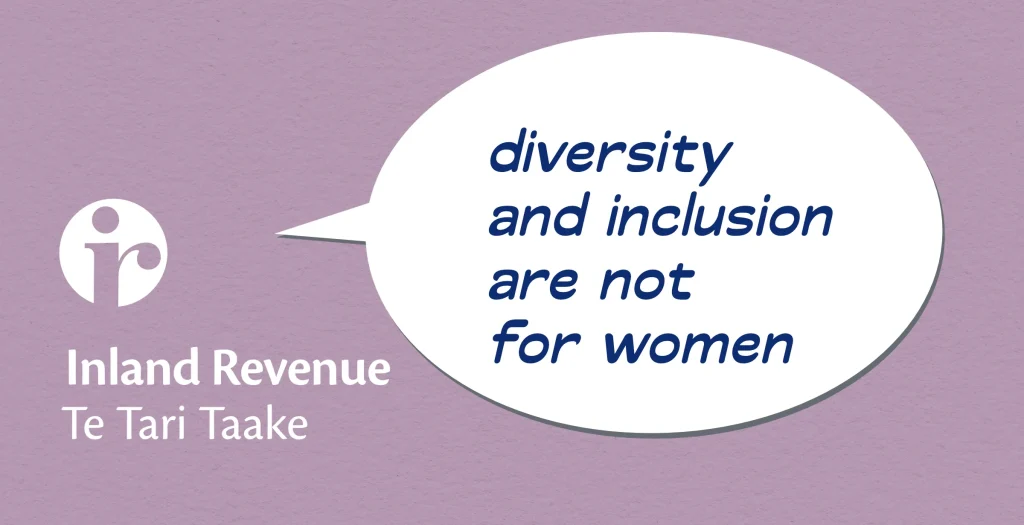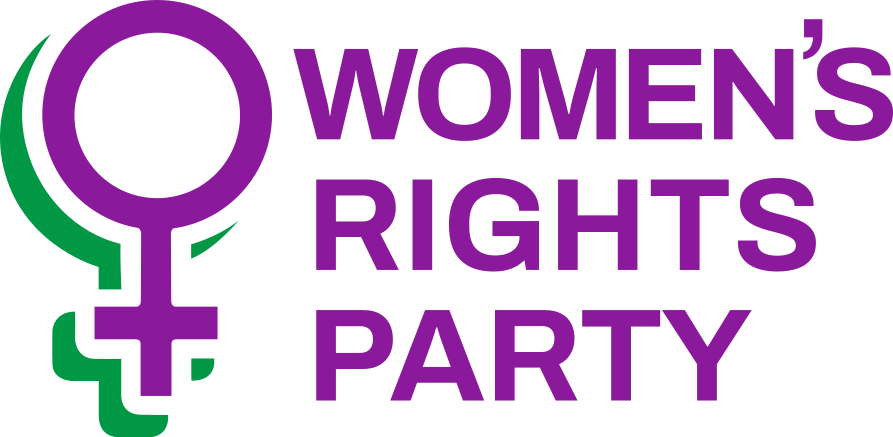The Free Speech Union (FSU) announced today it will be appealing an Employment Authority decision on behalf of a former Inland Revenue employee, Christine Massof.

Authority Member Claire English found on 8 July 2025 that Ms Massof’s evidence showed “she did not want to continue in the workplace, not due to any breach of obligation by her employer, but because she fundamentally disagreed with workplace changes over a period of many years, and no longer wished to work there as a result. This does not amount to a constructive dismissal.”
Ms Massof refutes this finding. She says her troubles started when it was announced that free period products would be available in all IR bathrooms. She wrote a comment on the IR women’s intranet network:
“This is awesome but a shame it took so long coming. And interesting, that now men can menstruate, free period products are available in all IR bathrooms.”
Ms Massof was called to a meeting with her manager after a complaint about her post and was told she had breached IR diversity and inclusion policies.
In a letter of expectations dated 20 December 2023, Ms Massof was told by her manager that if she was unsure as to whether her opinions could upset fellow staff, she should “refrain from sharing her opinions altogether”.
“Choosing to remain silent can prevent unintentional harm,” the letter stated.
Ms Massof told the Authority that she was “upset and anxious” after the meeting and on her return to work after the Christmas and New Year period she “remained vulnerable, which must have been obvious”.
While she was still working for IR, Ms Massof filed a statement of problem in the Authority raising a claim of unjustified disadvantage. This was on 2 April 2024. She resigned a week later, and the FSU subsequently filed an amended claim of constructive dismissal, saying Ms Massof had been ostracised in the workplace and that her prospects of promotion had been affected by the IR’s actions.
Women’s Rights Party Co-leader Jill Ovens and Māna Wāhine Kōrero leader Dianne Landy supplied written witness statements and were present at the Hearing, but the Authority Member ruled out both their testimonies because neither had ever worked for IR.
IR refuted the claims saying Ms Massof had suffered no disadvantage in her employment by being reminded of her employer’s reasonable expectations of behaviour in the workplace. The letter of expectations stated that Ms Massof’s comments were seen as a “dig” at gender diversity at IR.
“While everyone is entitled to their own opinions, it’s essential to exercise discretion when expressing your views to colleagues, particularly in situations where those views could potentially cause offence or division among peers,” the letter stated.
“Sharing views that upset people, is not in line with IR’s core values, which prioritise fostering a respectful and inclusive environment and workforce. It is important to be mindful of the impact your opinions might have and refrain from sharing them in contexts that could lead to conflict or upset amongst colleagues.”
In her witness statement, Ms Ovens, a former union official, said employees should be able to express their views about matters in the workplace, and these should be taken into account.
“By contrast, Christine’s experience shows that women in IR are discouraged from raising concerns, their views are dismissed and suppressed, and the women are silenced,” she said.
FSU lawyer Hannah Clow said in an email announcing they would be supporting an appeal: “Our appeal of the ERA’s decision on Ms Massof’s case is a chance to show the would-be-censors our speech rights aren’t up for the taking.”
The IR “Diversity and Inclusion Policy” states that “everyone working at Inland Revenue is responsible for ensuring that their work practices and behaviours are inclusive, including by valuing individuals and their opinions, accepting individual differences and being sensitive to different people, practices and cultures”.
However, the letter of expectations made it clear that not all staff are allowed to voice their opinions. Ms Massof was surprised to hear from her team leader that her comment had upset and offended some people. She was told “they have the right to be offended” and that her views needed to align to IR’s views that were supportive of “gender”.
In her witness statement, Ms Ovens said it appeared that women supporting their sex-based rights do not have the right to be offended.
“It is clear that the relatively new emphasis on ‘diversity and inclusion’ does not include women. Women employees dare not speak out because they are at risk of being disciplined or losing their jobs if they question the prevailing gender ideology,” Ms Ovens said.
The letter of expectations said Ms Massof’s team leader would monitor and discuss her “progress” regarding these expectations and if she did not comply, it might lead to IR “following a more formal process, including a disciplinary process”.
Ms Ovens said IR does not seem to recognise the contradiction of being an ‘inclusive workplace’ that values diversity of thought, beliefs, backgrounds and capabilities, while asking an employee to self-censor her views.
